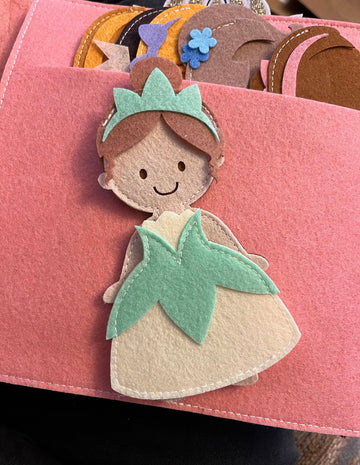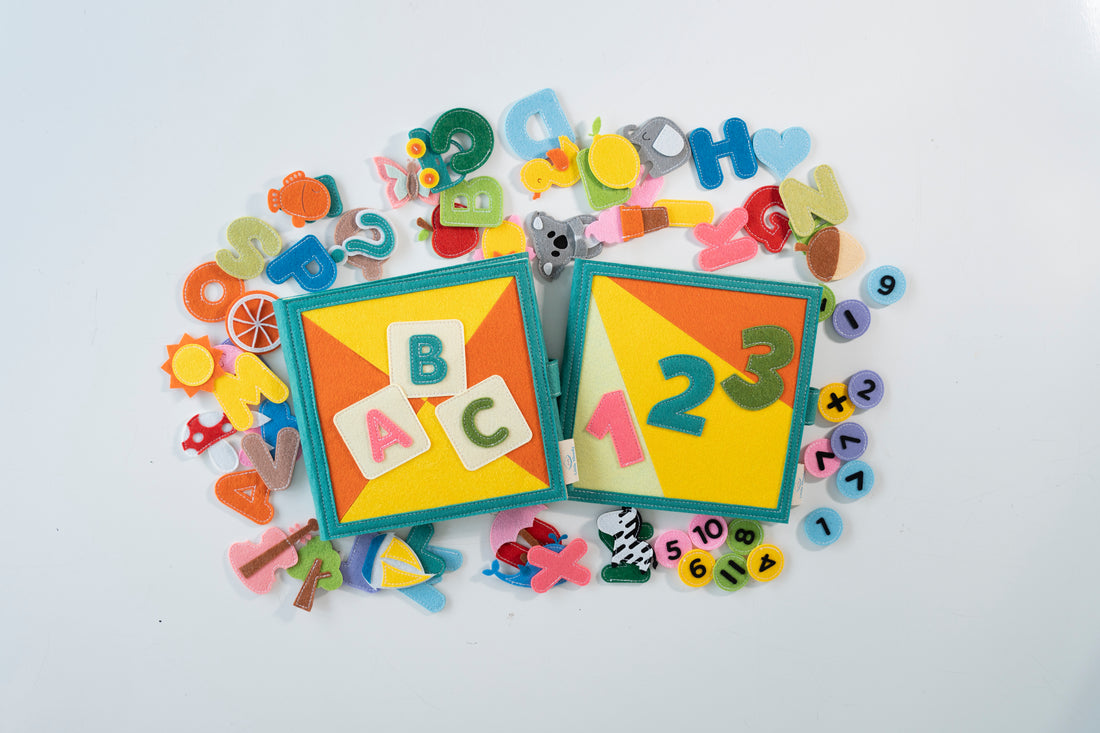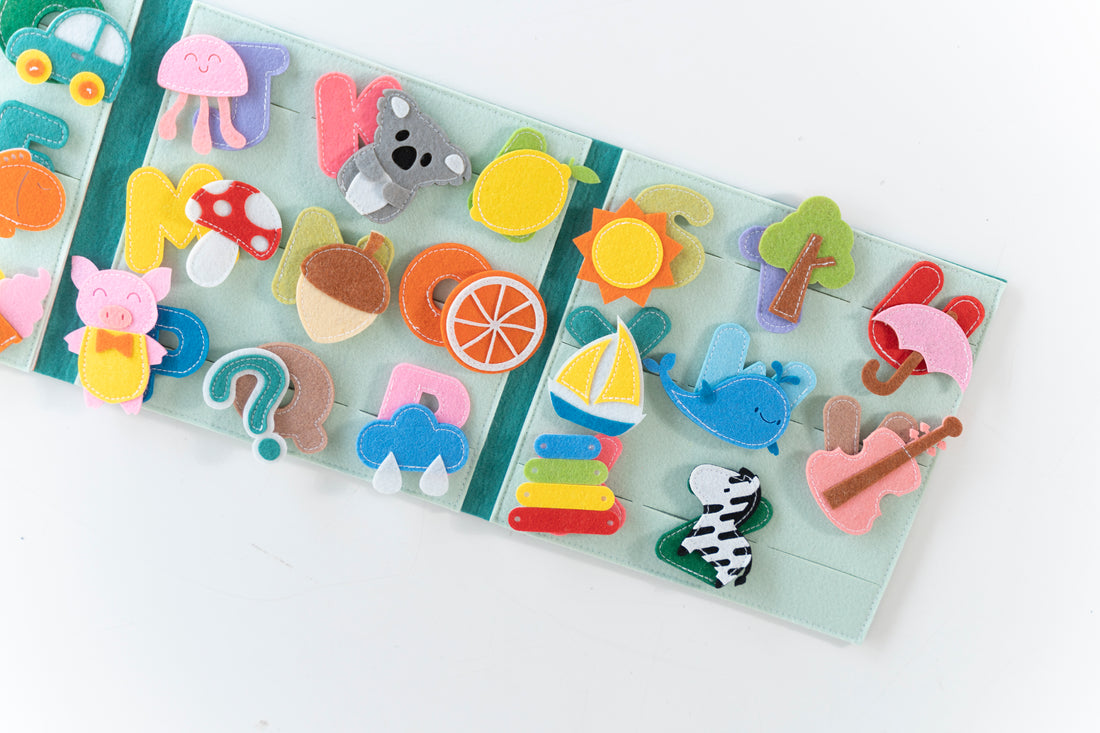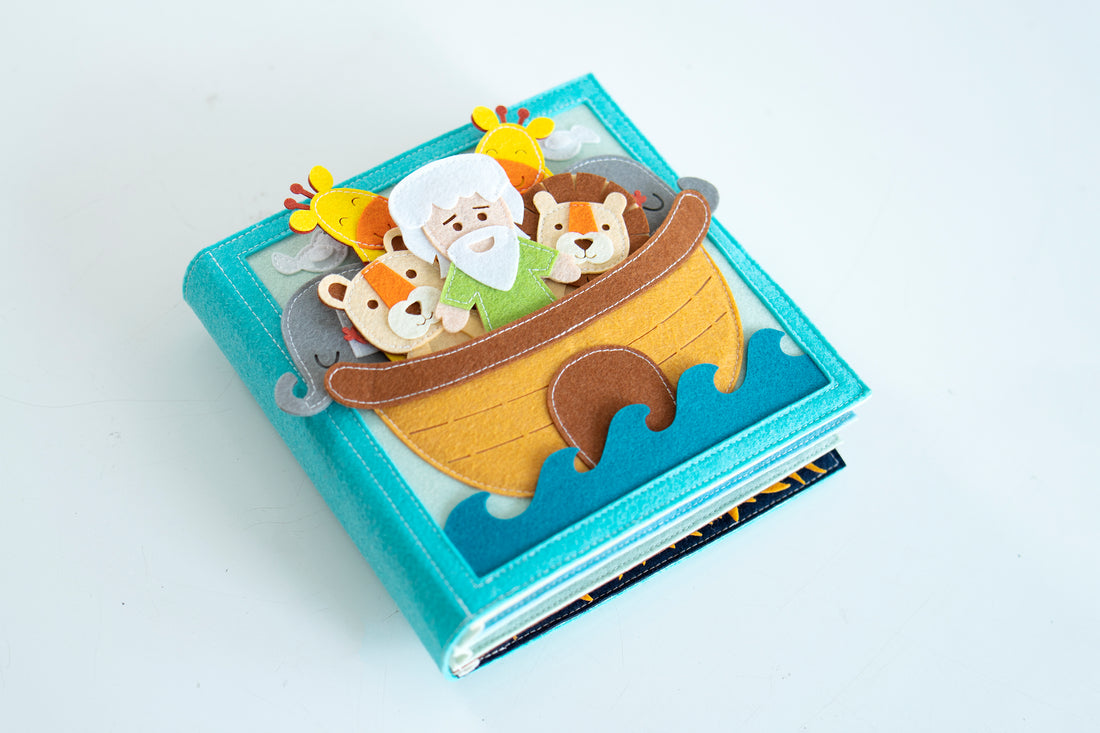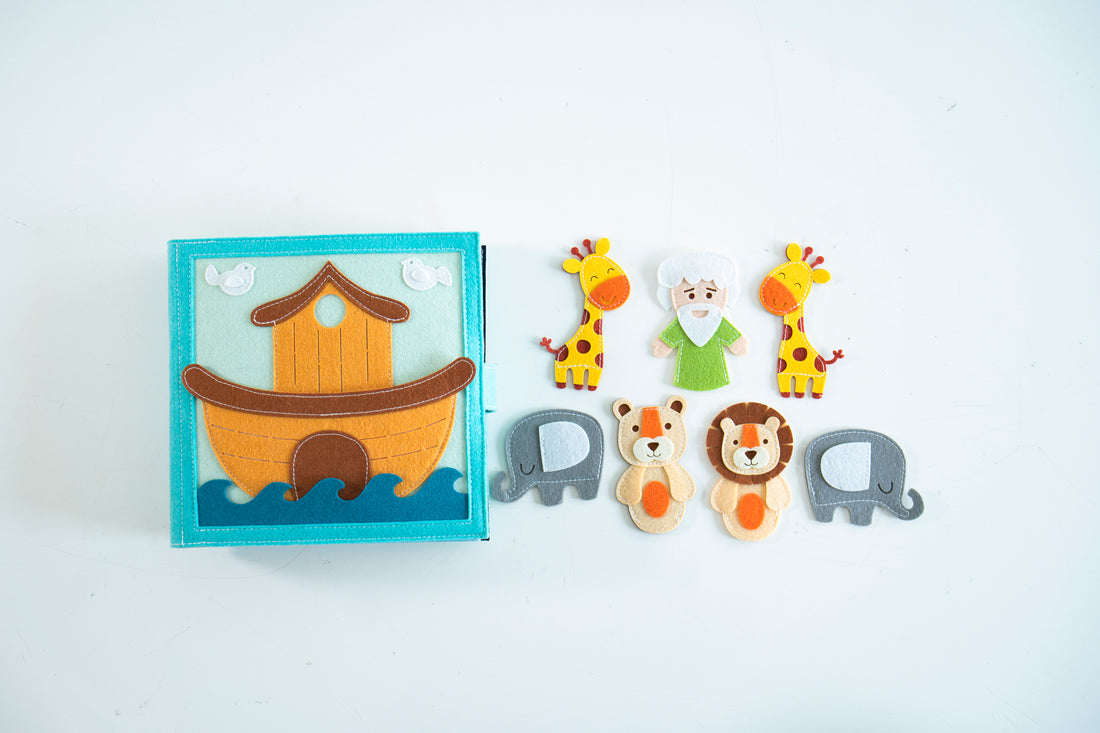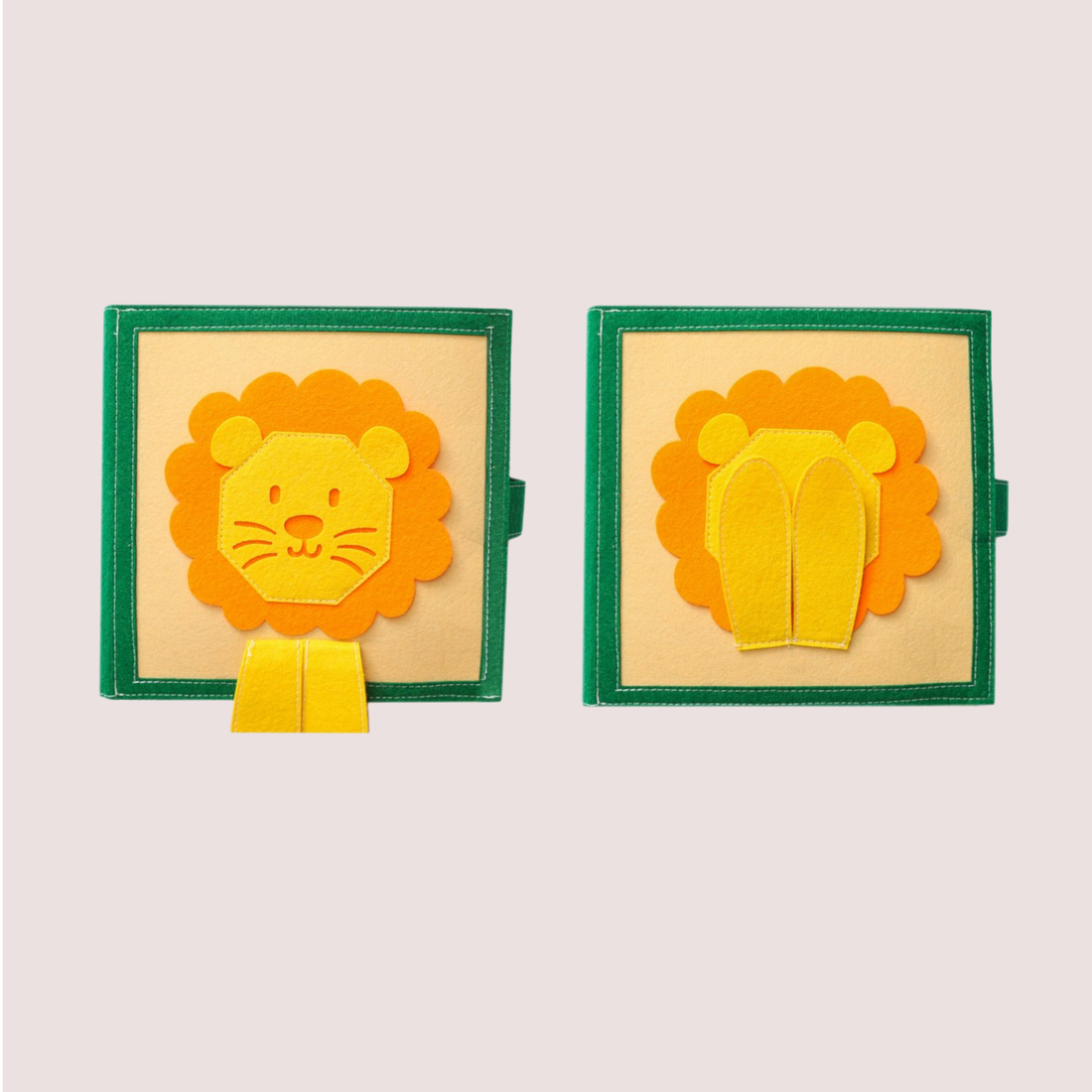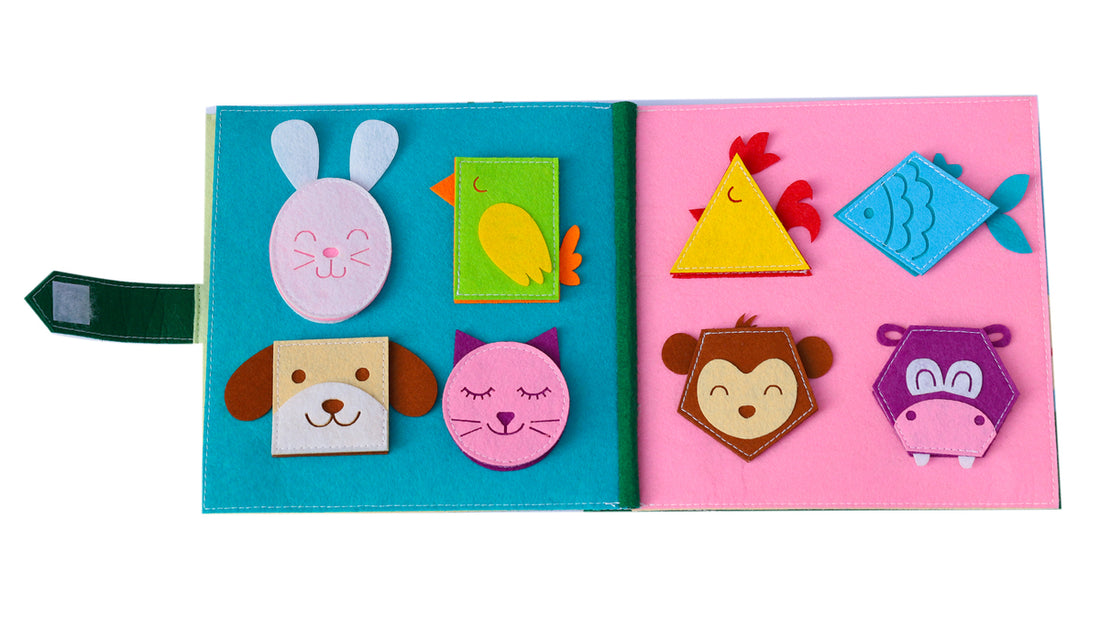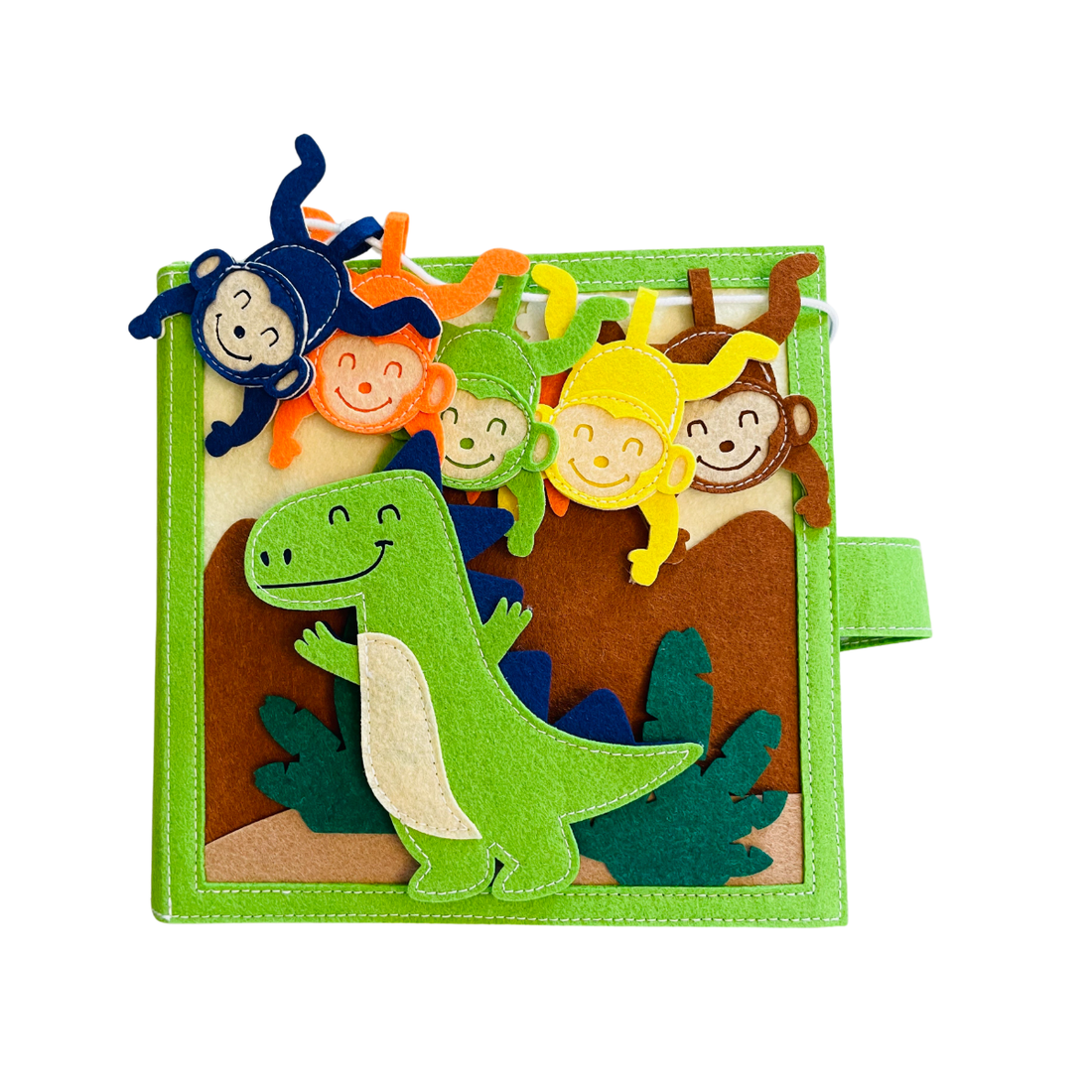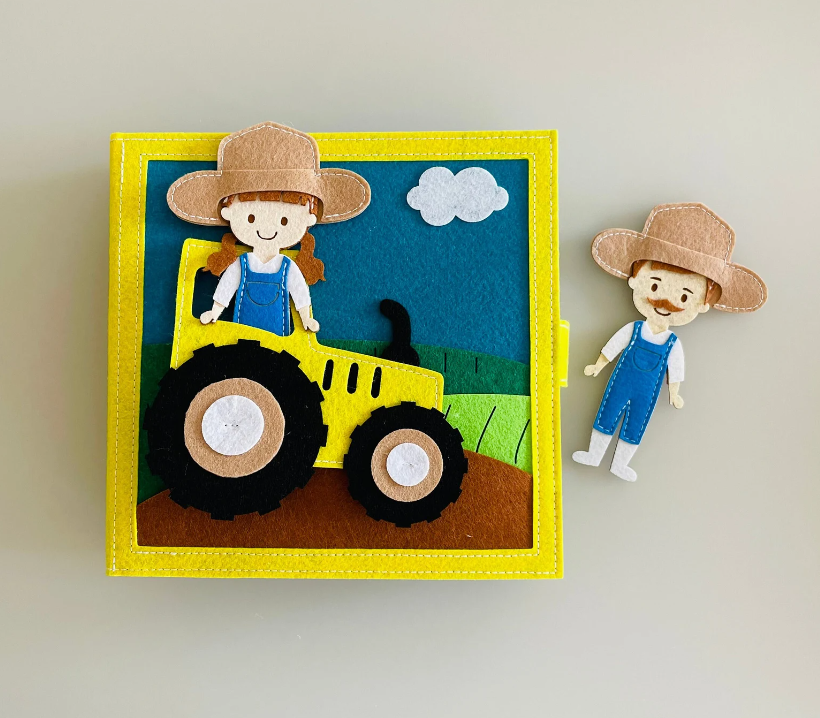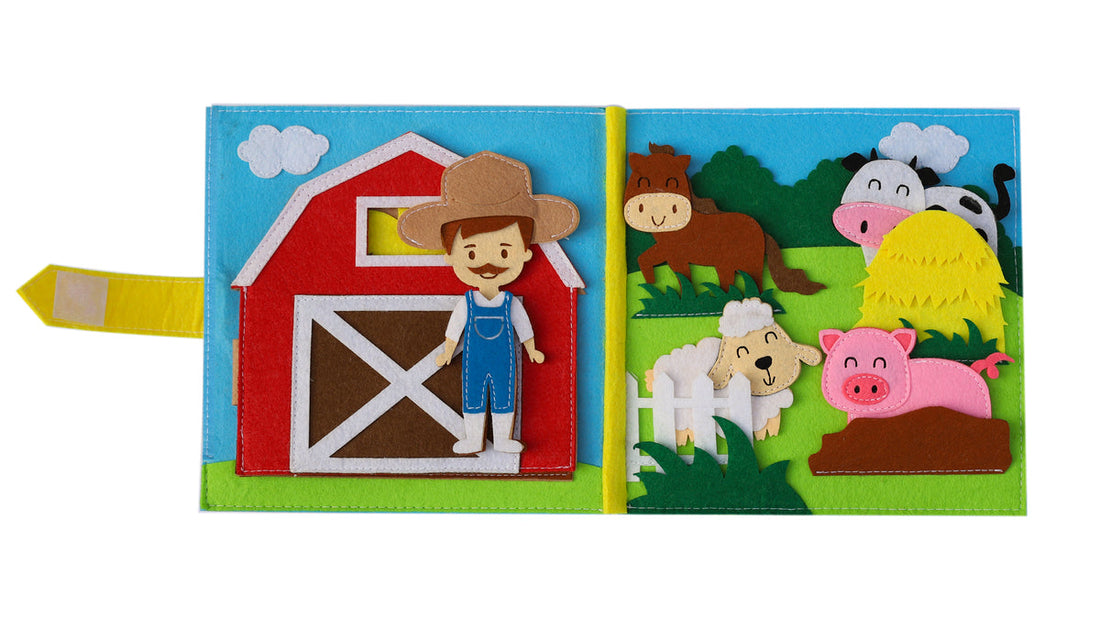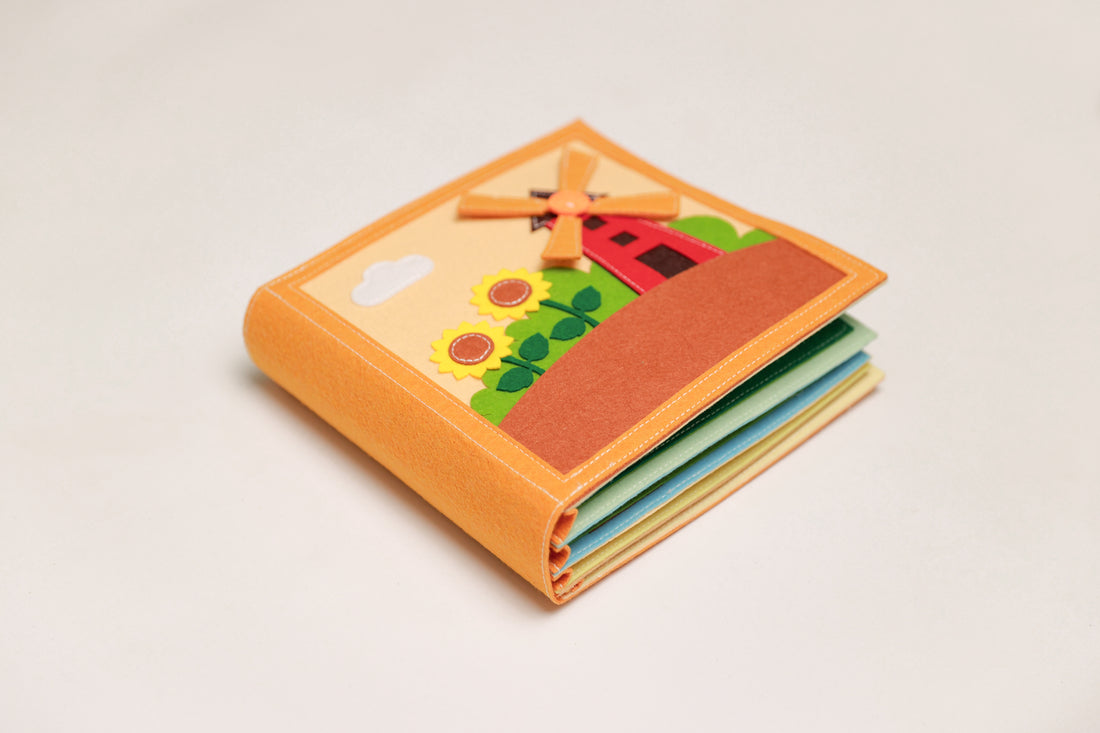Sharing is more than just a social skill; it's a life skill that sets the stage for developing empathy, cooperation, and problem-solving abilities. Teaching your child to share can seem like a daunting task, but it's essential in their development. Let's explore how and when to introduce this crucial skill to your little one.
Understanding the Developmental Stages
Children's ability to share evolves as they grow. Here's a basic guideline:
Toddlers (1-2 years): They may not fully grasp the concept of sharing, and that's okay.
Preschoolers (3-4 years): They start understanding sharing but may still struggle with it.
School-age children (5 years and up): They typically understand the concept and can share more willingly.
When to Start Teaching Sharing
Although it may seem early, you can begin teaching the principles of sharing to your child as young as 1 year old. The key is to start with age-appropriate expectations and gradually build up.
How to Teach Sharing: Step-by-Step
Model Sharing Behavior: Show your child what sharing looks like by sharing with them and others. Children often mimic their parents' actions.
Use Playtime: Incorporate sharing into play by taking turns with toys and praising them when they share with others.
Talk About Feelings: Explain how sharing can make others feel happy, using simple language they can understand.
Avoid Labeling Possessions: Encourage a sense of communal ownership where possible, like having a shared toy basket.
Create Opportunities: Arrange playdates with peers and guide them through sharing experiences.
Praise and Reinforce: Offer praise and rewards for sharing, like stickers or extra playtime.
Read Books About Sharing: Numerous children's books cover the subject of sharing, providing an engaging way to reinforce the message.
Set Clear Boundaries: It's okay for your child to have special toys they don't want to share. Teach them how to communicate that respectfully.
Be Patient and Consistent: Learning to share is a process. Keep reinforcing these lessons, and don't be discouraged if it takes time.
What Not to Do
- Avoid Forced Sharing: Encourage sharing but don't force it, as this can create resistance.
- Don't Punish Non-Sharing: Rather than punishing, guide them toward the desired behavior with encouragement and reinforcement.
- Teaching your child to share is not just about playing nicely with others; it's about laying the foundation for compassion, empathy, and social intelligence. By understanding their developmental stage and employing patient, consistent strategies, you can help your child learn this essential skill in a way that is both fun and meaningful.
Remember, each child is unique, and what works for one may not work for another. Flexibility and understanding your child's individual needs and temperament are key to successful teaching.


